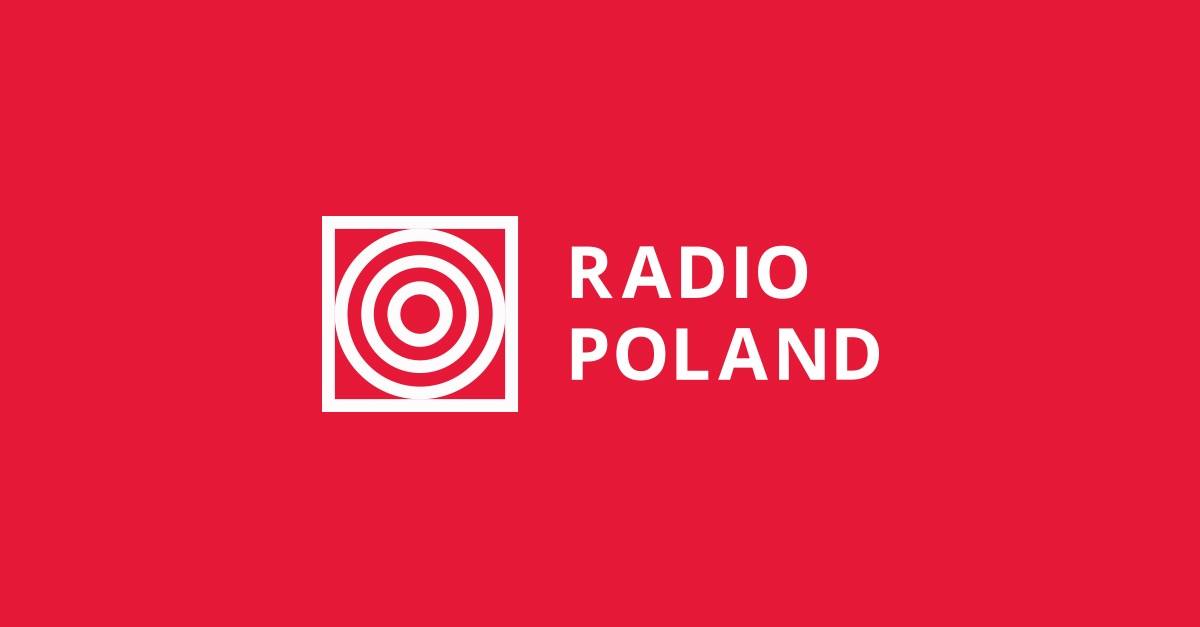The war in Ukraine has weakened the Franco-German axis that once defined Europe, with the balance of power now shifting toward the UK and Poland, a British political scientist has claimed.
Fighting in Ukraine’s Bakhmut.PAP/Muhammed Enes Yildirim / Anadolu Agency/ABACAPRESS.COM
In an op-ed featured in the British news magazine The New Statesman, Maurice Glasman, a political scientist from St Mary’s University in London, highlights the profound impact of Russia’s invasion of Ukraine on the existing order within Europe.
Glasman argues that the invasion has not only disrupted the balance of power across the continent but has also had consequences for the European Union, Poland’s wpolityce.pl website reported on Thursday.
Prior to the crisis, the EU functioned under a shared leadership model, with France and Germany at the helm. France assumed a dominant role in military and diplomatic affairs, while Germany focused on economic matters, according to Glasman.
However, he says the legal framework governing the EU was rooted in the primacy of EU law within member states, which ultimately created tensions in both eastern and western Europe.
These tensions were exemplified by Britain’s decision to withdraw from the EU, as well as the opposition voiced by Poland and Hungary on social issues.
“The status quo was based on an understanding over the export of gas (as well as oil and coal) from Russia to Germany, most obviously through the Nord Stream pipeline,” according to Glasman.
He writes: „Berlin and Moscow held the fate of Central Europe in their hands once more. German economic interests were predominant, partly because the EU did not develop a unified military strategy of its own.”
Significant shift in European landscape
He further states: “This is what made the status of Ukraine so explosive. Its integration into either the EU or NATO was not in German interests. It would undermine its economic interests, as the only serious industrial economy within the EU, which were predicated upon cheap energy imports from Russia.”
In his analysis, Glasman highlights the fact that the invasion of Ukraine by Russia has resulted in a significant shift in the European landscape, particularly in the realms of economics and military affairs.
Glasman says this shift has exposed Germany’s relative weakness and hesitancy in the military sphere, sentiments that are shared by France.
He argues that in the event of a military confrontation with Russia, power and resources within Europe would gravitate towards NATO, subsequently leading to a resurgence of influence from the United States and the United Kingdom.
He writes that “it was widely assumed within academic and elite political discourse that Brexit would lead to the marginalization of Britain within Europe, and to the consolidation of the Franco-German axis within the EU. The opposite has been the case.”
He continues: “Following the invasion of Ukraine, Britain took an unambiguous position of military and political support for the beleaguered Ukrainian state. While the US was offering President Volodymyr Zelensky asylum, Britain immediately transferred weapons and led the western European political response with an unprecedented array of economic sanctions against Russia. It seemed as if Brexit had strengthened its freedom of action at a time of war.”
Polish-UK alliance 'transformative of NATO, EU’
In parallel to this, Glasman says, „Poland led the eastern European response. It opened its borders to refugees and transferred weapons. The alliance between Poland and Britain was transformative of NATO and the EU.”
Glasman further notes that the alliance between Britain and Poland, forged in response to the Ukrainian crisis, garnered support from the Baltic states, as well as Finland and Sweden.
Notably, these two Nordic countries abandoned their long-held policy of neutrality, effectively isolating Germany in northern Europe, he says.
Consequently, the United States responded by increasing the provision of arms to Ukraine and engaging in sharing intelligence, Glasman says.
In the first nine months of the war, French President Emmanuel Macron „engaged in telephone conversations with Vladimir Putin, while Germany was reluctant to provide anything more than helmets,” Glasman says in his piece.
He adds: “The Polish government was publicly critical of Germany, even going so far as to claim reparations for economic damages from the Second World War.”
The pivotal factor behind the emergence of a British-Polish alliance was „the recognition of Ukraine’s resilience as a military force,” according to Glasman.
Contrary to initial concerns that Ukraine would quickly yield to Russian aggression, its ability to withstand the conflict over a prolonged period of time proved key, he says.
This development, Glasman says, created an opportunity for a robust alliance between Britain and Poland, particularly given the existing bilateral dialogue between the two nations.
He observes that Britain has been steadily strengthening its military ties with Ukraine since Russia’s annexation of Crimea in 2014.
’Poland and Britain came to the fore’
Glasman further argues: “Machiavelli wrote that political leadership is the ability to 'act in time.’ Britain and Poland both did this, France and Germany could not. Their interests and analysis impeded their ability to understand and act. This opened the space within NATO for the US to take a more active role and for northern European states to join the strengthened military alliance. NATO founder members such as Italy became irrelevant; France and Germany lost trust and confidence.”
According to Glasman, „Lenin once observed that 'there are decades where nothing happens; and there are weeks when decades happen.’ The invasion of Ukraine by the Russian Federation was one of those moments.”
He says „France and Germany lost their ascendancy, Poland and Britain came to the fore, the Baltic and Scandinavian countries joined the new coalition, leaving Germany isolated” in northern Europe.
„The Netherlands also actively supported the British-Polish alliance,” he adds.
„The balance of power in Europe shifted east and west against the middle. And this process has only just begun,” Glasman concludes.
(jh/gs)
Source: wpolityce.pl, PAP, The New Statesman

